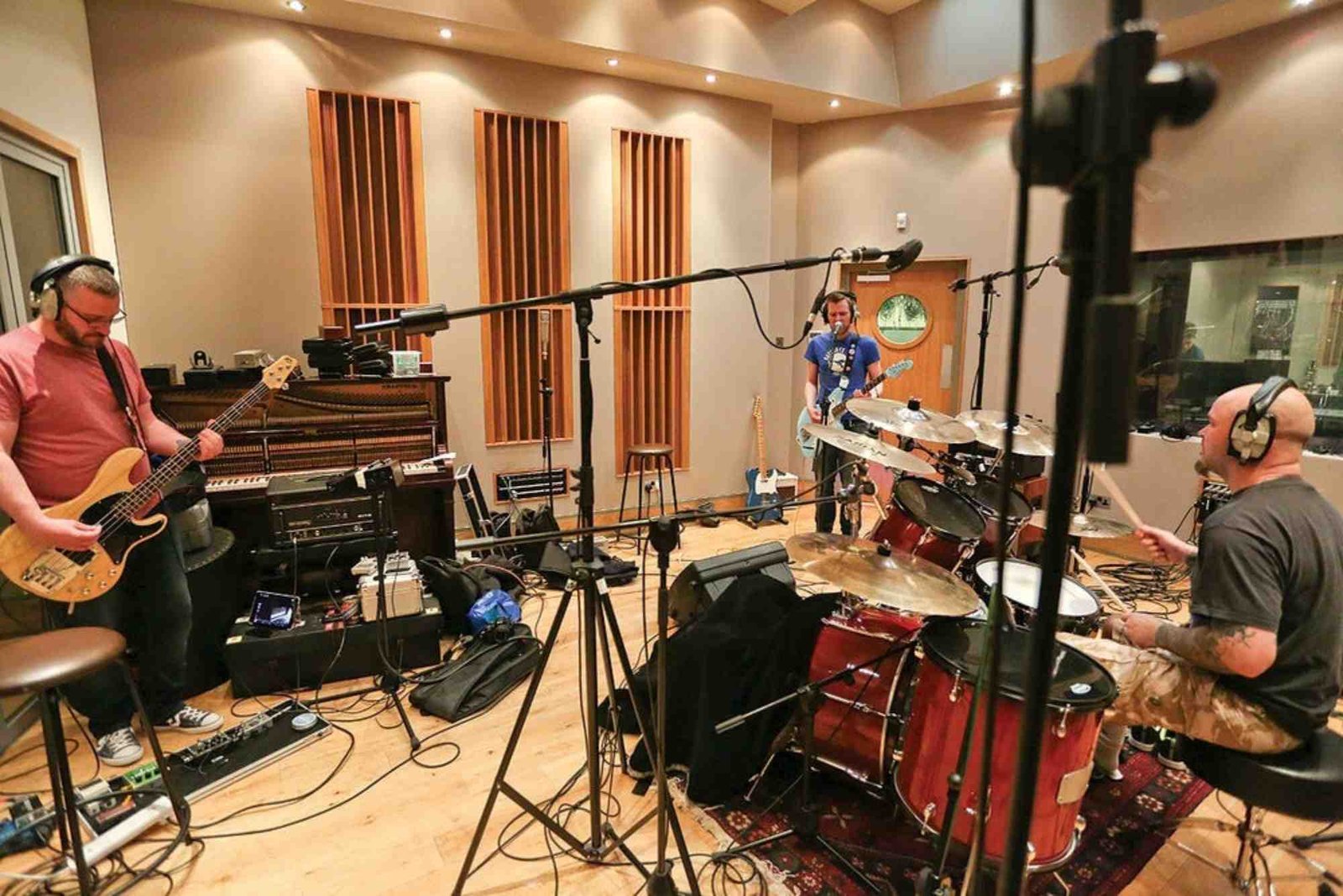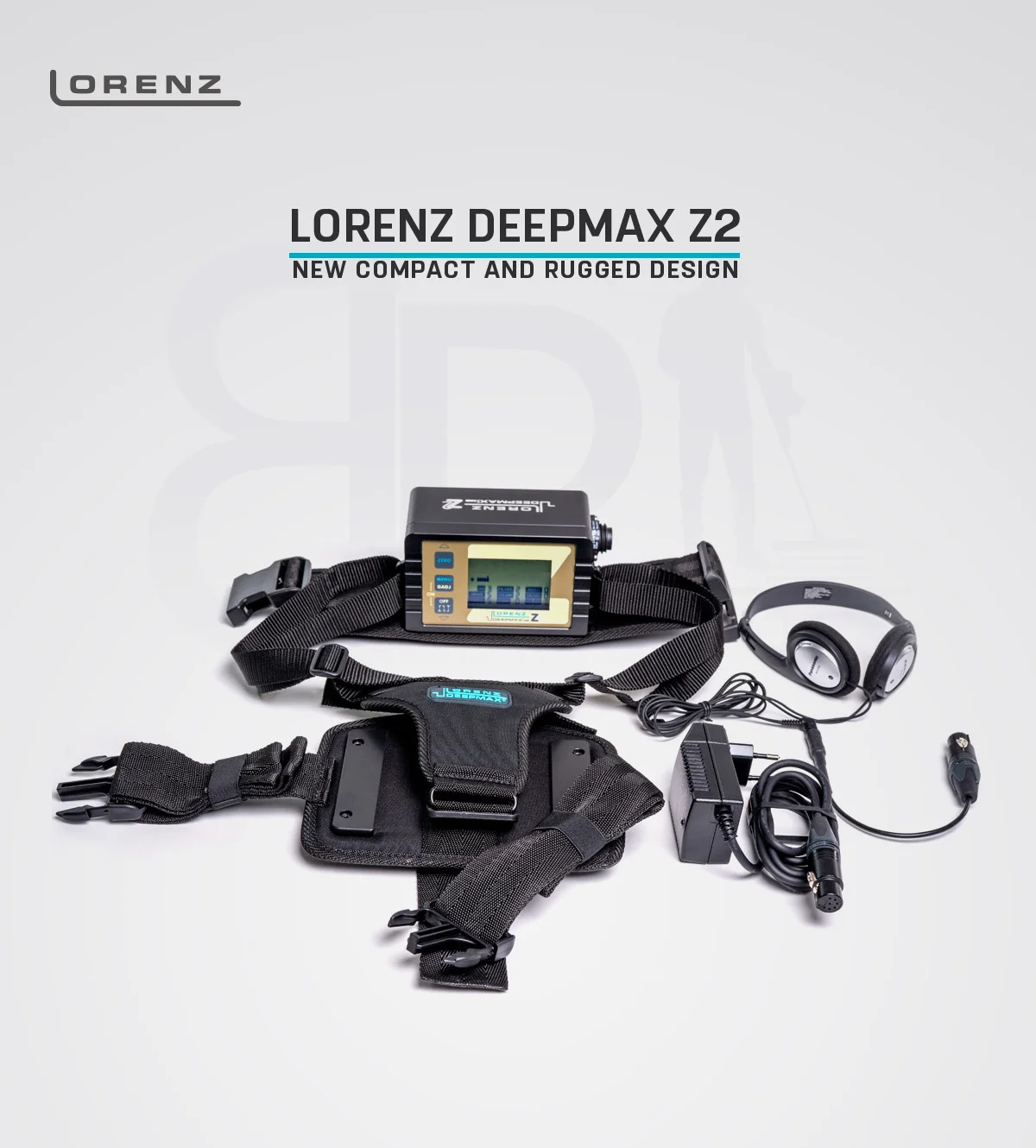In today’s fast-evolving online world, businesses are constantly searching for experts who can navigate the digital landscape and drive measurable results. Becoming a digital marketing professional is not just about learning tools and platforms — it’s about mastering the art of strategy, creativity, and data-driven decision-making. This practical guide explores everything you need to know to start and grow a successful career in digital marketing.
Understanding Digital Marketing
Before diving in, it’s essential to understand what digital marketing truly means. It involves promoting brands, products, or services through digital channels such as social media, search engines, websites, and email. A digital marketing professional is responsible for creating strategies that connect businesses with their target audiences effectively.
Digital marketing is broad and includes various areas like search engine optimization (SEO), pay-per-click advertising (PPC), content marketing, email campaigns, and social media management. By mastering these areas, you can build a strong foundation for a long-term career.
Why Choose Digital Marketing as a Career
The demand for digital marketing professionals has skyrocketed globally. Businesses of all sizes now rely heavily on digital presence to survive and grow. Unlike traditional marketing, digital marketing offers measurable results, making it one of the most dynamic and rewarding careers in today’s economy.
It’s also a flexible profession. Whether you want to work remotely, freelance, or build your own agency, digital marketing provides endless opportunities. Moreover, it’s a field that encourages continuous learning, creativity, and innovation.
Building the Right Skill Set
Understanding Core Marketing Principles
To succeed as a digital marketing professional, you must first understand basic marketing principles such as consumer behavior, branding, and market research. These form the foundation upon which digital strategies are built.
Learning SEO and Content Strategy
Search engine optimization is one of the most critical skills in digital marketing. It helps websites appear higher on Google search results, driving organic traffic. Learning how to conduct keyword research, optimize web pages, and create SEO-friendly content will put you ahead of the competition.
Mastering Social Media Platforms
Social media marketing allows brands to engage with audiences directly. A professional digital marketer must understand how different platforms like Facebook, Instagram, LinkedIn, and TikTok function. Each platform requires unique strategies and content types to attract and retain followers.
Analytics and Data Interpretation
One of the biggest advantages of digital marketing is the availability of data. Tools like Google Analytics, Meta Ads Manager, and HubSpot can reveal insights about audience behavior, campaign performance, and ROI. Knowing how to interpret this data helps in making smarter marketing decisions.
Paid Advertising Knowledge
Paid ads, also known as PPC, allow marketers to reach audiences quickly. Platforms like Google Ads and Meta Ads require an understanding of bidding strategies, ad copywriting, and targeting options. These skills are crucial for achieving short-term business goals.
How to Get Started as a Digital Marketing Professional
The first step is gaining foundational knowledge. There are many online certifications and free resources available to learn the basics. Once you have a grasp of the core concepts, practical application becomes vital.
Create a Personal Brand
Build your own online presence. Start a blog, manage social media accounts, or run small campaigns for local businesses. This hands-on experience is invaluable and helps you understand what works in real-world scenarios.
Networking and Mentorship
Connect with other professionals through platforms like LinkedIn. Joining marketing communities or attending webinars helps you stay updated on trends. Mentorship from experienced marketers can accelerate your learning curve significantly.
Stay Updated with Industry Trends
Digital marketing evolves rapidly. Algorithms change, new platforms emerge, and consumer behaviors shift. Reading industry blogs, watching tutorials, and experimenting with tools will help you stay competitive.
You can explore more insights from the How To Become A Digital Marketing Professional section to stay ahead in this field.
Building a Career Path in Digital Marketing
There are several career paths available within digital marketing. You might choose to specialize in SEO, social media management, content strategy, or paid advertising. Some professionals prefer to become generalists, managing multiple aspects of digital campaigns for small to medium-sized businesses.
Career growth in digital marketing often depends on experience and results. Entry-level roles like digital marketing assistant or content specialist can lead to positions such as marketing manager, strategist, or even director.
According to leading marketing experts, the best professionals are those who combine creativity with analytical thinking — those who can balance storytelling with performance metrics.
Developing Soft Skills That Matter
While technical knowledge is crucial, soft skills play a big role in standing out. Communication, problem-solving, adaptability, and teamwork are essential. Marketers frequently work across departments, so collaboration is key.
Critical thinking also helps in analyzing trends and adjusting strategies quickly. Empathy, meanwhile, allows you to understand the customer’s perspective, which is vital in crafting effective campaigns.
Practical Experience and Portfolio Building
Your portfolio is your professional proof of competence. It should include successful campaigns, creative content, and measurable results. You can gain experience by volunteering for nonprofits, interning with agencies, or working on personal projects.
Employers value practical experience over theoretical knowledge. Demonstrating how you increased engagement, generated leads, or improved SEO rankings can make you stand out.
If you want to explore other marketing insights, check this Related Marketing & Advertising article for helpful parallels in branding and engagement techniques.
Digital Tools Every Professional Should Know
To thrive in this profession, familiarize yourself with essential tools such as Google Analytics, SEMrush, Canva, Mailchimp, and Hootsuite. These platforms simplify campaign creation, optimization, and analysis.
Automation tools can save time, while analytics tools provide deep insights into audience behavior. Experimenting with these technologies allows you to develop efficiency and confidence in handling multiple projects.
For additional scientific perspectives on how technology influences digital communication, you can Learn more about related studies.
Measuring Success in Digital Marketing
Understanding how to measure success is key to professional growth. Metrics like website traffic, conversion rates, engagement levels, and ROI help determine whether your strategies are effective.
A successful digital marketer doesn’t just create campaigns but analyzes performance and adapts. Regular reporting and insights-driven decision-making ensure continuous improvement.
Common Challenges and How to Overcome Them
Every digital marketer faces challenges such as changing algorithms, tight budgets, and high competition. The best way to handle these is by staying flexible and data-informed.
Learning to pivot quickly and test different approaches helps maintain momentum even during difficult campaigns. Resilience and adaptability are key traits that separate top marketers from the rest.
FAQs About Becoming a Digital Marketing Professional
What qualifications do I need to become a digital marketing professional?
While a formal degree can help, practical experience and certifications from recognized platforms like Google or HubSpot are more valuable.
How long does it take to become a digital marketer?
Depending on your pace, you can gain basic proficiency within six months. Mastery typically takes one to two years of consistent practice.
Is digital marketing a good career in 2025?
Yes, it continues to be one of the most in-demand and rewarding professions, with growing opportunities across industries.
Can I become a digital marketer without experience?
Absolutely. Starting with online courses and personal projects can build the experience needed to land your first role.
Becoming a digital marketing professional requires dedication, curiosity, and continuous learning. The industry is fast-moving and full of opportunities for those who stay adaptable and data-driven.
By building a strong skill set, gaining practical experience, and staying updated with trends, you can establish a thriving career in this field.
If you’re ready to take the next step toward your digital marketing journey, explore the How To Become A Digital Marketing Professional resource for more in-depth insights and guidance.








